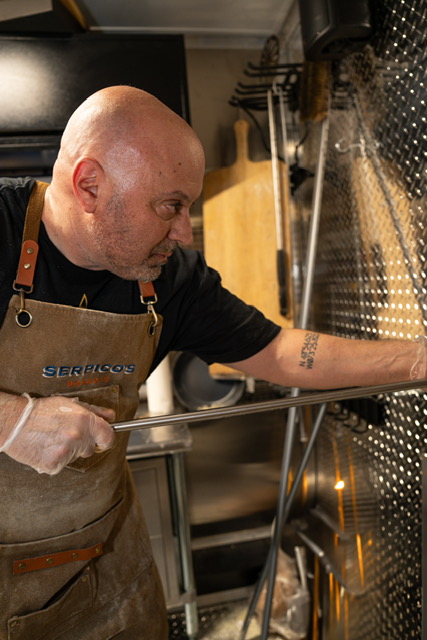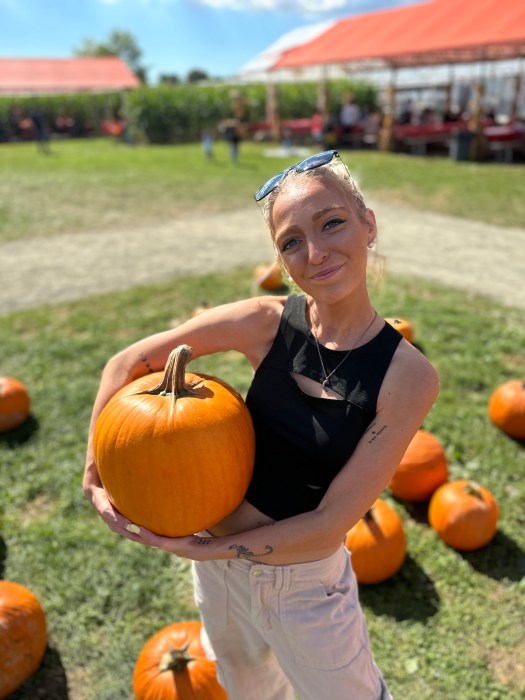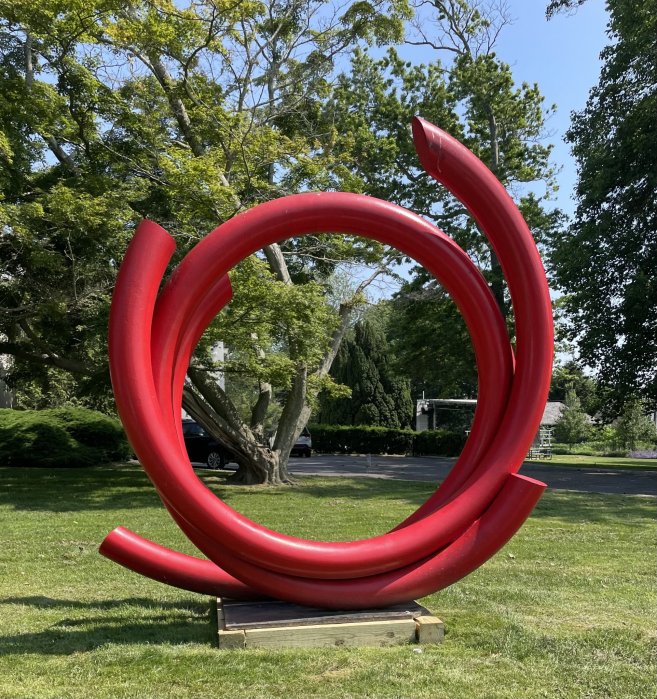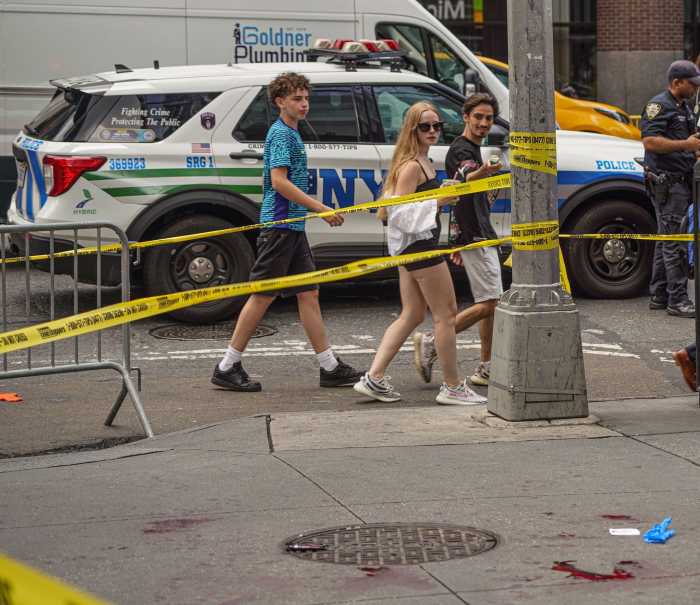People came from miles around to collect violets in the meadows across the street from the farmhouse, especially after the Wantagh Parkway came by in 1936. She recollected it well: the constellations of wildflowers splashed across the land, northwards, as far as the eye could see into Hicksville.
Life along a two-lane country road dotted with the farmhouses of the Bergs, Seligmans, and Robrichts; a little crop-duster airfield; a grove of pine trees behind which the sun arose every morning. The meadows are still there – just in another time- and Hempstead Turnpike no longer runs through potato fields. The farmhouse across the street from the meadows remains, too. It’s now the Dalton Funeral Home. But the farmer’s wife, Adelaide B. Rowehl, outlived her husband by 67 years and gave witness to the vanishing of fields and farms and the creation of a commercial strip and row upon suburban row. Mrs. Rowehl passed away on November 30, 2009, at the age of 102 in Williston Park; a treasure trove of memories about life in the Jerusalem/Island Trees area when a next door neighbor’s house was measured in hundreds of yards rather than in tens of feet. So many memories she shared with our mutual friend, Wendell Storms who is himself a gushing font of local history experienced firsthand as well as a talented poet.
Mrs. Rowehl’s passing came nearly a fortnight after the passing of Patricia Bladykas in Stuart, Florida. On October 1, 1947, Patricia Bladykas, along with her husband Theodore and two 14-month old daughters became the first family to move into one of the 17,447 mass-produced homes that would officially be called Levittown three months later. Hailing from Brooklyn, she met her husband at the 1939 World’s Fair and after Pearl Harbor, became one of “the girls back home” who patiently awaited their fellow’s return from the war. Although the Bladykases only lived in that house, 67 North Bellmore Road, until 1951, their moving day was captured on film by Newsday to become the iconic image of post-war suburbia.
It’s been said that when a senior citizen dies, it’s as though an entire library burns to the ground. Fortunately, so much of the world remembered by that farmer’s wife and the suburban housewife is preserved and on exhibit for the public at the museum of the Levittown Historical Society at the Memorial Education Center. In a time when there are many communities that have no museum or historical society to preserve their legacy and pass it on to the next generation, Levittown is most fortunate in this respect.
Paul Manton
Vice President
Levittown Historical Society


































